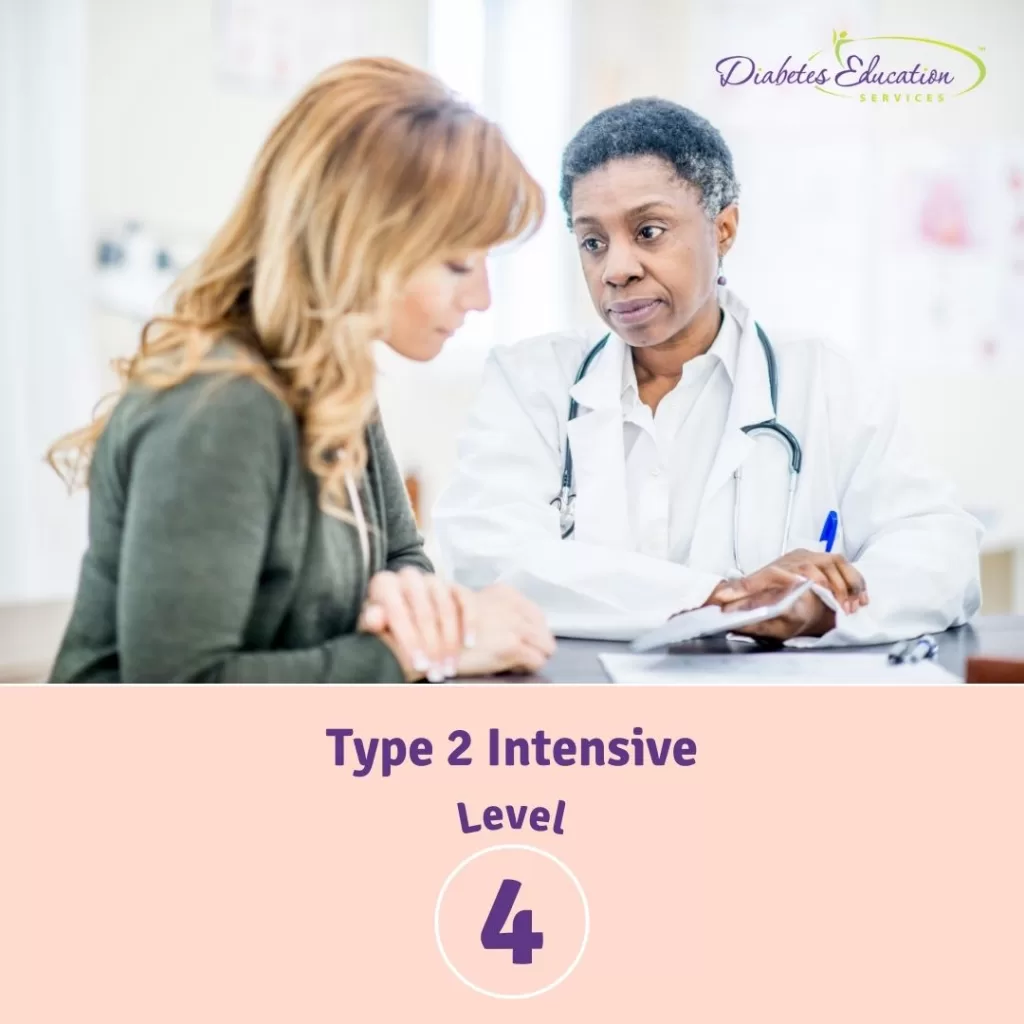
Which of the following is an accurate statement regarding Glucagon Like Peptides (GLP-1)?
- Main action is inhibition of DPP-IV enzyme
- Increases post prandial glucagon secretion
- Promotes gastric motility
- Decreases hepatic glycogenolysis
Upcoming Level 4 Webinar!
Join us live on July 31st @ 11:30am PST for our Type 2 Diabetes Intensive

This course provides a detailed overview of the pathophysiology of type 2 diabetes, prevention strategies, & cardiovascular risk reduction. Through case studies & discussion, we highlight strategies to focus on a person-centered approach along with attention to psychosocial care for people living with diabetes.
Course Topics:
- Discuss the current epidemiology of type 2 diabetes.
- Describe the classification, terminology & diagnostic criteria for diabetes.
- Identify the eight pathophysiologic defects associated with the ominous octet.
- Describe evidence and strategies to prevent type 2 diabetes.
- State strategies to implement a person-centered approach to those with diabetes.
- Discuss key aspects of type 2 diabetes management including education, therapeutic lifestyle changes, glucose, lipid, & hypertension management plus referrals.
- Understand the overarching principles of management of type 2 DM.
All hours earned count toward your CDCES Accreditation Information
Sign up for Diabetes Blog Bytes – we post weekly Blog Bytes that are informative and FREE! Every week we post one exam practice Question of the Week and Rationale of the Week. Sign up below!
Recent Blog Bytes
- Rationale of the Week | Which Feature Most Strongly Supports a Diagnosis of HHS Rather Than DKA?
- How Not Winning Motivated Me to Write A Book
- Question of the Week | What Not to Say to Overwhelmed Individual
- February 2026 eNews
- Rationale of the Week | Best Response for Facilitating Positive Health Behavior Change?
The use of DES products does not guarantee the successful passage of the certification exam. CBDCE and ADCES do not endorse any preparatory or review materials for the CDCES or BC-ADM exams, except for those published by CBDCE & ADCES.









